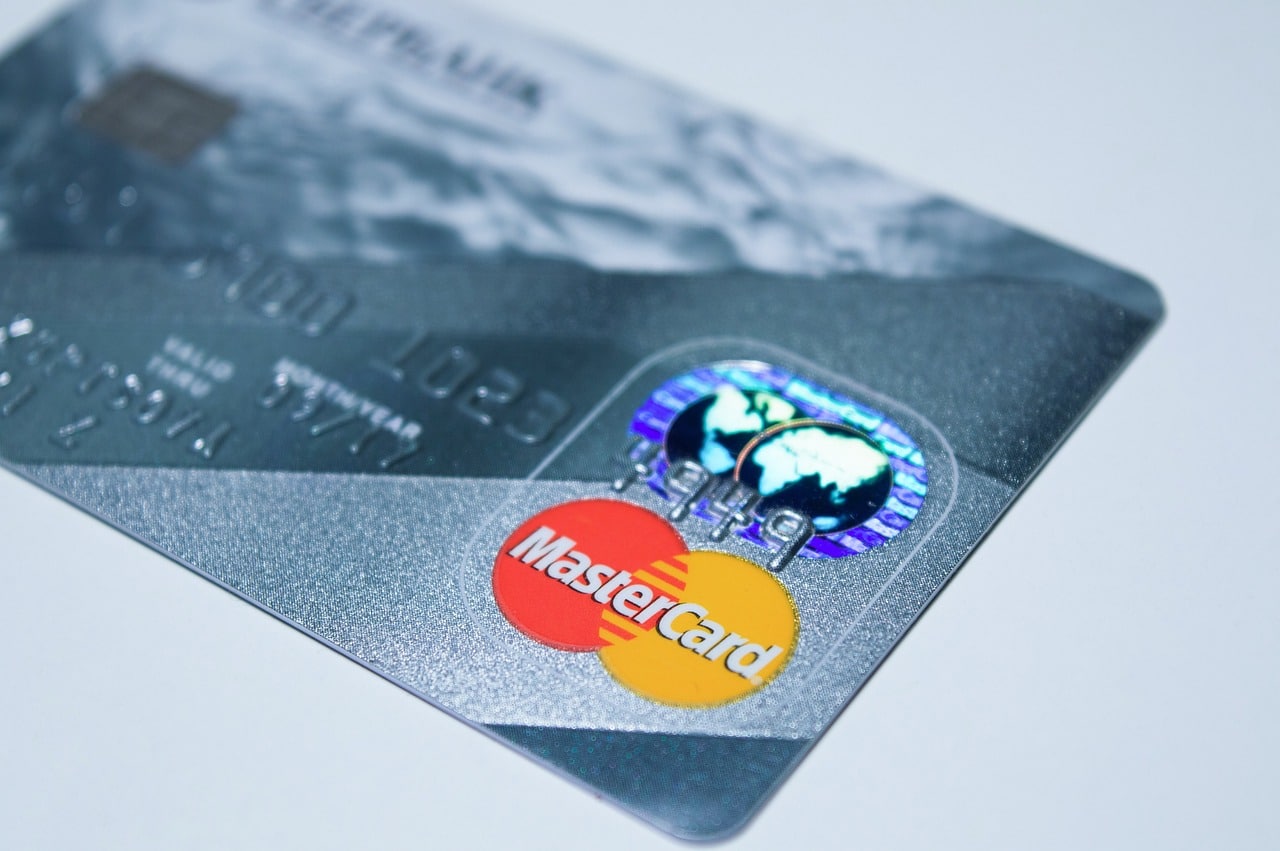Mastercard’s expert Ashok Venkateswaran has expressed skepticism about the current viability of widespread central bank digital currencies (CBDC), claiming that the broad adoption of CBDC could be “difficult,” according to CNBC.
Venkateswaran, Mastercard’s Blockchain and Digital Assets Lead for Asia-Pacific, discussed the complexities surrounding the implementation of CBDCs during the Singapore FinTech Festival. He pointed out that for CBDC to be successful, they must be as accessible and spendable as traditional cash.
“The difficult part is adoption. So if you have CBDCs in your wallet, you should have the ability for you to spend it anywhere you want – very similar to cash today,” said Venkateswaran.
However, implementing CBDCs would require substantial infrastructure development, a process that would involve considerable time and investment.
“[Building infrastructure to facilitate that] takes a lot of time and effort on a part of the country to do that. But a lot of the central banks nowadays have gotten very innovative because they are working very closely with private companies like ours, to create that ecosystem,” said Venkateswaran.
Global CBDC Reality: Progress and Challenges
Although the International Monetary Fund Managing Director Kristalina Georgieva stated that CBDCs are “a safe and low-cost alternative” to cash and can “replace cash which is costly to distribute in island economies,” the complete implementation rate is relatively low.
According to the Atlantic Council, 130 countries representing 98 percent of global economy are exploring central bank digital currencies. Yet only 11 of them have fully launched a digital currency. And even if a CBDC were introduced, consumers would still be “so comfortable using today’s type of money” that “there isn’t enough justification to have a CBDC,” Venkateswaran claimed.
On Nov.7, Mastercard announced that it has completed the Hong Kong Monetary Authority’s (HKMA) e-HKD Pilot Program, showcasing its capability to power or assist in launching digital currencies like e-HKD.

